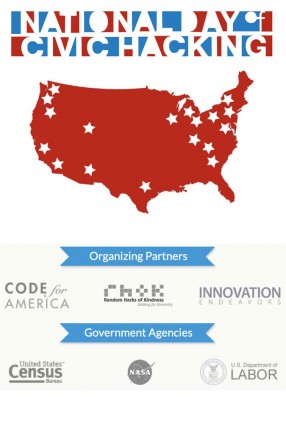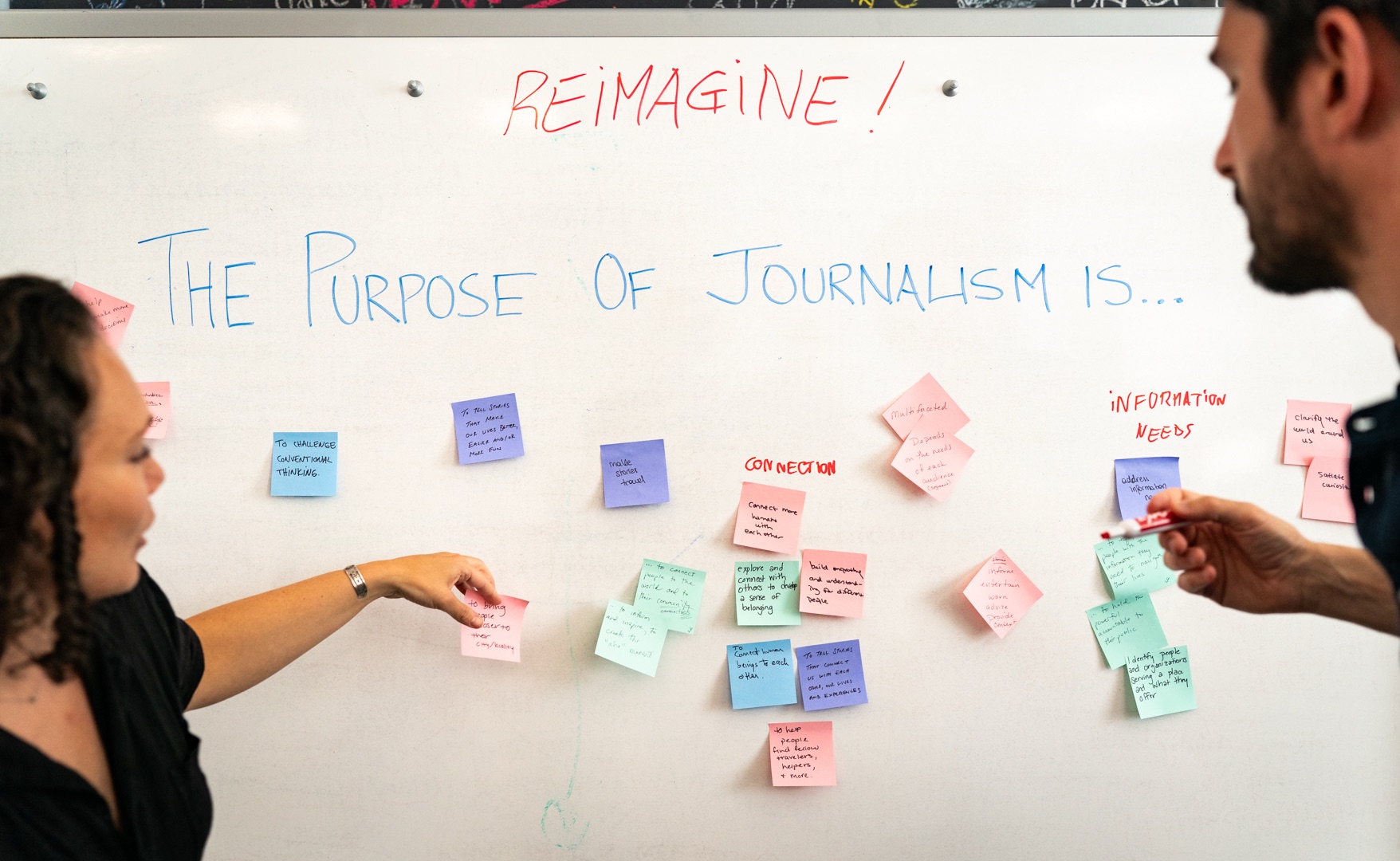Hackers, unite!
For the first time, civic hackers across the nation will come together to participate in one of the largest collaborative hacking projects, National Day of Civic Hacking.
The initial idea came from the White House’s desire to establish programming that increased government transparency. They reached out to hacking organizations like SecondMuse to help organize hackathon events across the country. These events will use data released by federal agencies to build useful tools that will hopefully address civic issues. Over 20 agencies are participating.

Chicago alone will host three events—Hack for Change Chicago at 1871, Civic Hack Day: A Youth Focused Chicago Civic Challenge, and Chicago Migrahack.
Organized by Smart Chicago Collaborative’s Christopher Whitaker and featuring a design thinking exercise by Knight Lab's Miranda Mulligan, the Hack for Change Chicago will attract both experienced programmers and curious novices who are a looking to explore how they can utilize public data more effectively.
“It’s taking a civic problem, using the open data that state or government has, and tinkering with the data in a way that makes it easier for the public to learn more or solves the problem,” Whitaker says.
The ultimate goal, according to Whitaker, is to spark public awareness that this kind of thing is going on, to expand it beyond the boundaries of the developers. He emphasizes the importance of bringing in not just the technically-savvy, but also partners who deal with civic problems and information every day. Therefore, it is the collaboration aspect that matters, not necessarily the knowledge of coding languages.
Mulligan agrees, stating that even if you do not know much about programming, seeing how other people solve problems can help you to learn.
“I think that using a programming language is a tool," she says. "I may not know how to use a hammer. I have a general idea because I have seen other people use a hammer. I think being around a construction site, most likely would make me better at working with a hammer. Eventually, I might say, ‘I’ve been watching this long enough that I might want to swing the hammer.’"
Khozein says that the sheer size of such an endeavor is indicative of the government’s increased recognition of civic-minded programming.
“I think it represents an entirely different relationship between the government and the people,” Khozein says, where the government is increasingly turning to civilian creativity and innovation when addressing problems. Instead of being an occasional partnership, it may become the new political standard.
About the author





